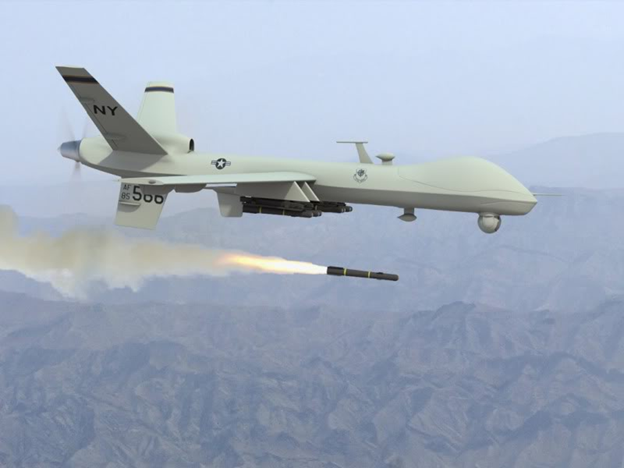How often was Albert Einstein Wrong?
March 1, 2012 in Daily Bulletin

With the recent announcement that the physicists at CERN who thought they had accumulated evidence against one of Einstein’s key assumptions admitting that it might have been a technical glitch, Slate’s Brian Palmer asked the question: Was Einstein ever wrong? His answer notes that:
- Einstein’s views on quantum mechanics are widely believed by current physicists to be incorrect. In particular Einstein was uncomfortable with the notion that there is an inherent uncertainty to our universe that cannot be quantified through equations, famously remarking that God does not “play dice with the universe.” Niels Bohr is said to have responded “Stop telling God what to do with his dice.”
- Einstein also modified his equations to reflect a universe that was neither expanding nor contracting – in line with the views of other physicists of the era.
- Einstein’s doctoral thesis contained a math error.
To read more about the details of Einstein’s mistakes, why he might still ultimately may have been right upon certain things anyway, and the people who have tried (and failed) to disprove him click here.
Source: Slate

















Join the Discussion! (No Signup Required)